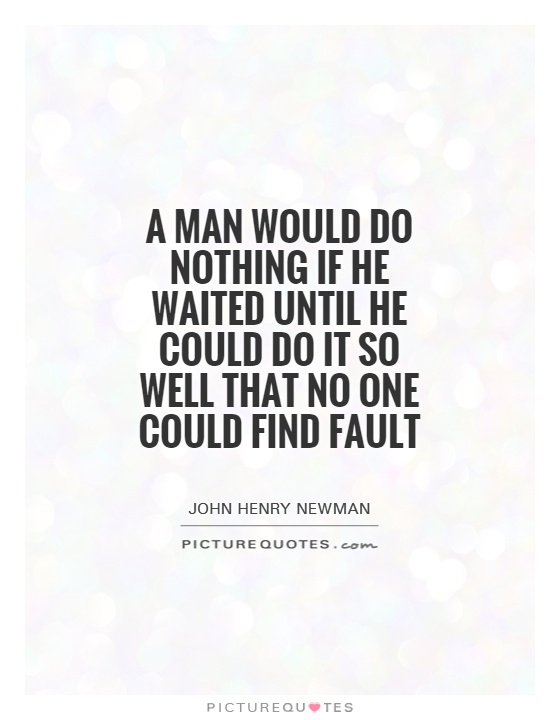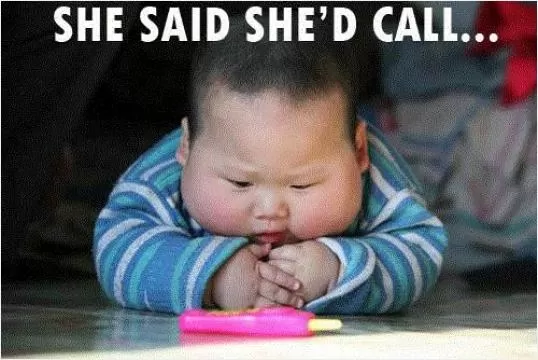A man would do nothing if he waited until he could do it so well that no one could find fault

A man would do nothing if he waited until he could do it so well that no one could find fault
John Henry Newman, a prominent figure in the 19th century, was a theologian, poet, and cardinal in the Roman Catholic Church. He was known for his intellectual prowess and his ability to articulate complex theological concepts in a way that was accessible to the common man. Newman was a firm believer in the idea that one should not wait until they could do something perfectly before taking action. He understood that perfection was an unattainable goal and that waiting for perfection would only lead to inaction.Newman's philosophy can be seen in his approach to his own work. He was known for his prolific writing and his willingness to engage in public debates on controversial topics. He did not shy away from expressing his opinions, even when they were unpopular. Newman understood that his work would not be flawless, but he believed that it was better to take action and make mistakes than to do nothing at all.
In his famous work, "The Idea of a University," Newman argues that education should be about the pursuit of knowledge for its own sake, rather than for the sake of practical utility. He believed that the purpose of education was to cultivate the mind and develop critical thinking skills, rather than to simply acquire job skills. Newman's ideas were radical for his time, but he was not afraid to challenge the status quo and push the boundaries of conventional thinking.
Newman's philosophy can also be seen in his approach to his faith. He converted to Catholicism in 1845, a decision that was met with skepticism and criticism from many of his peers. However, Newman remained steadfast in his beliefs and continued to defend his faith, even in the face of opposition. He understood that his faith was not perfect, but he believed that it was better to have faith and seek truth than to remain in doubt and uncertainty.












 Friendship Quotes
Friendship Quotes Love Quotes
Love Quotes Life Quotes
Life Quotes Funny Quotes
Funny Quotes Motivational Quotes
Motivational Quotes Inspirational Quotes
Inspirational Quotes